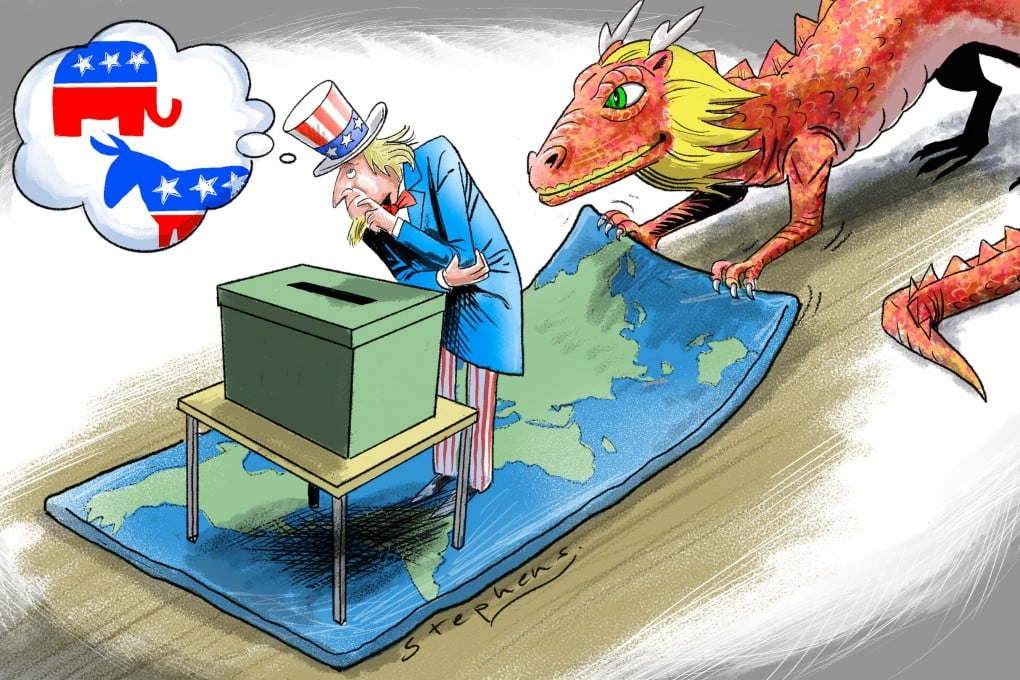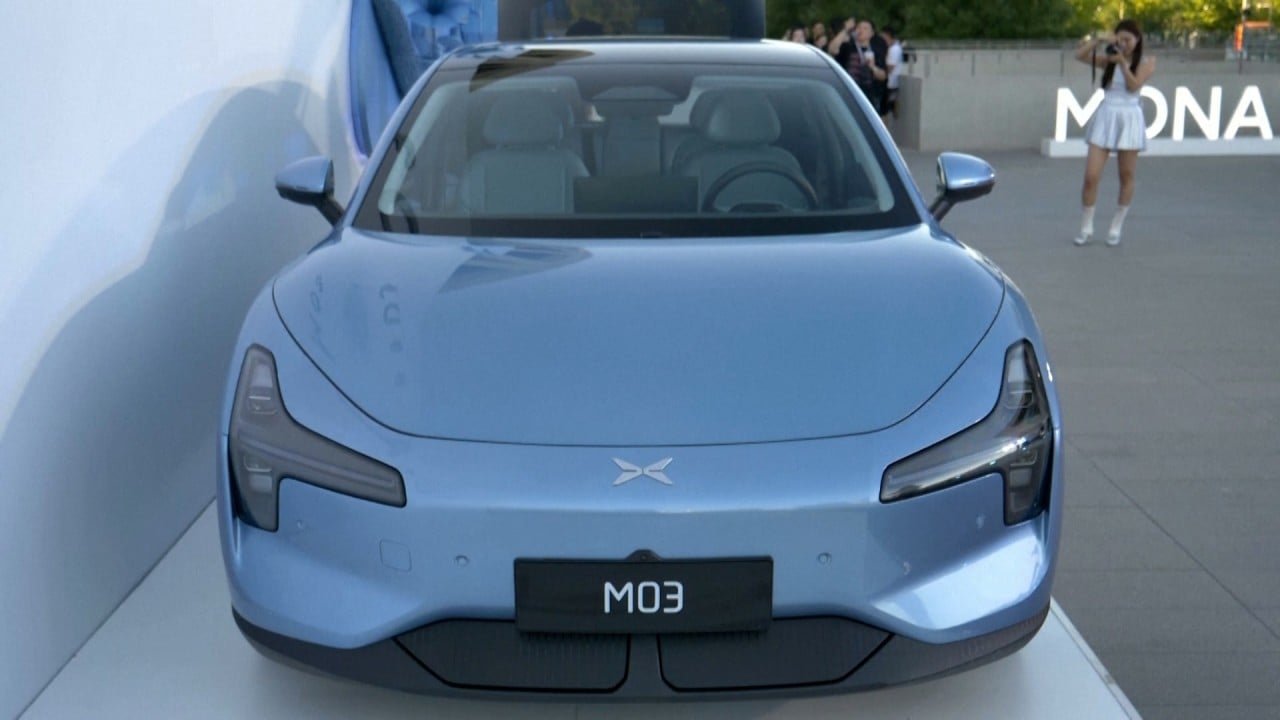Opinion | Whoever wins the US election, America isn’t stopping China’s rise
Any assertion that the US can reverse the trend of Chinese technological proliferation is not a serious argument

The latest issue of American Affairs goes for sensationalism with an article headlined, “China is winning. Now what?”.
He reasons that during the Cold War, it would have been unthinkable for the US “to source key components in logistics and telecommunications” from the Soviet bloc, because integrating these hypothetical Soviet bloc goods into American life would have been “considered too absurd to take seriously”. But the “long history” of peaceful US-China relations “has led us to sleepwalk into exactly this unacceptable state of dependency”.
Let’s zoom out a bit. Henry Kissinger, the late former US secretary of state, had understood in his twilight years that it was a major mistake for America to enter the contest with China without a comprehensive strategy, to paraphrase Kishore Mahbubani, a retired Singaporean diplomat who twice served as the country’s ambassador to the United Nations.
Why not blame the US’ lack of planning on the fact that China is rising too fast? Ezra Vogel, the late revered scholar specialising in China, and Ronald Coase, the late Nobel laureate in economics, were among the numerous people awed by the velocity of Chinese development. As early as 2008, Coase, for one, said what had happened in China in the years since 1978 “was a complete surprise to me, its scale, its character and speed” because his expectations of the country’s transformation had been “in terms of 100 or 200 years, not 25 or 30 years”.
The US’ defining response to China’s ascendance was a trade war suddenly launched in 2018, in an abrasive Trumpian way. This was so definitive that the singular biggest legacy of the four-year Trump administration is now widely agreed to be a seismic change in Washington’s China policy, from engagement to containment.

